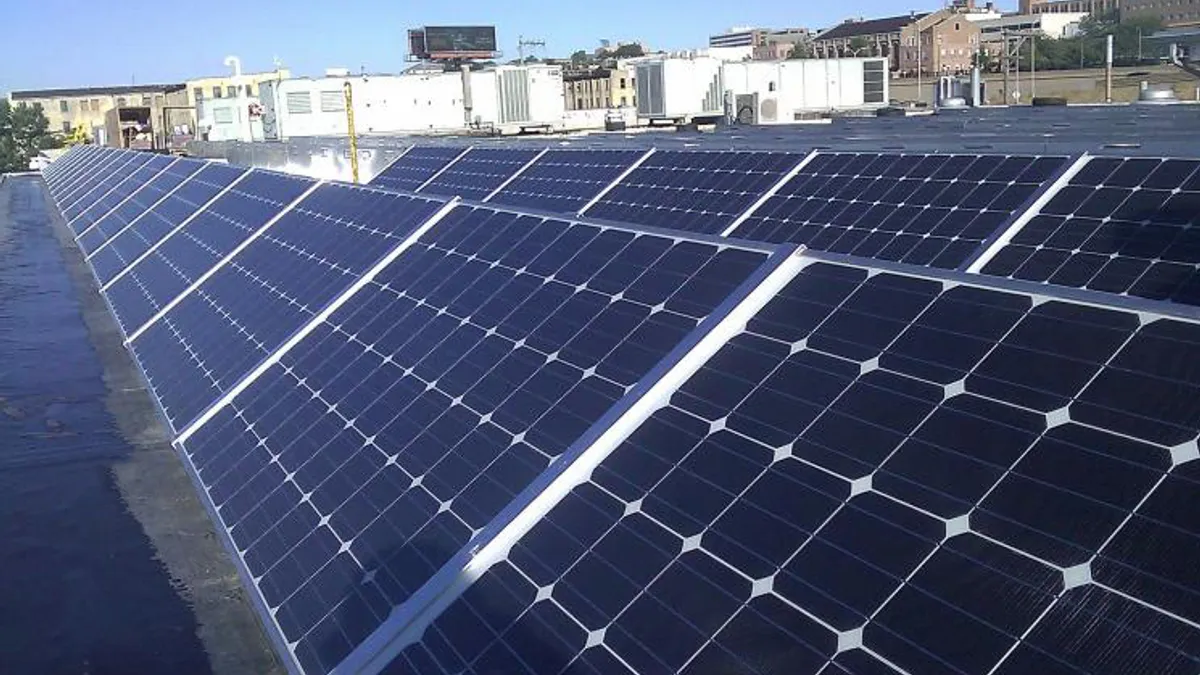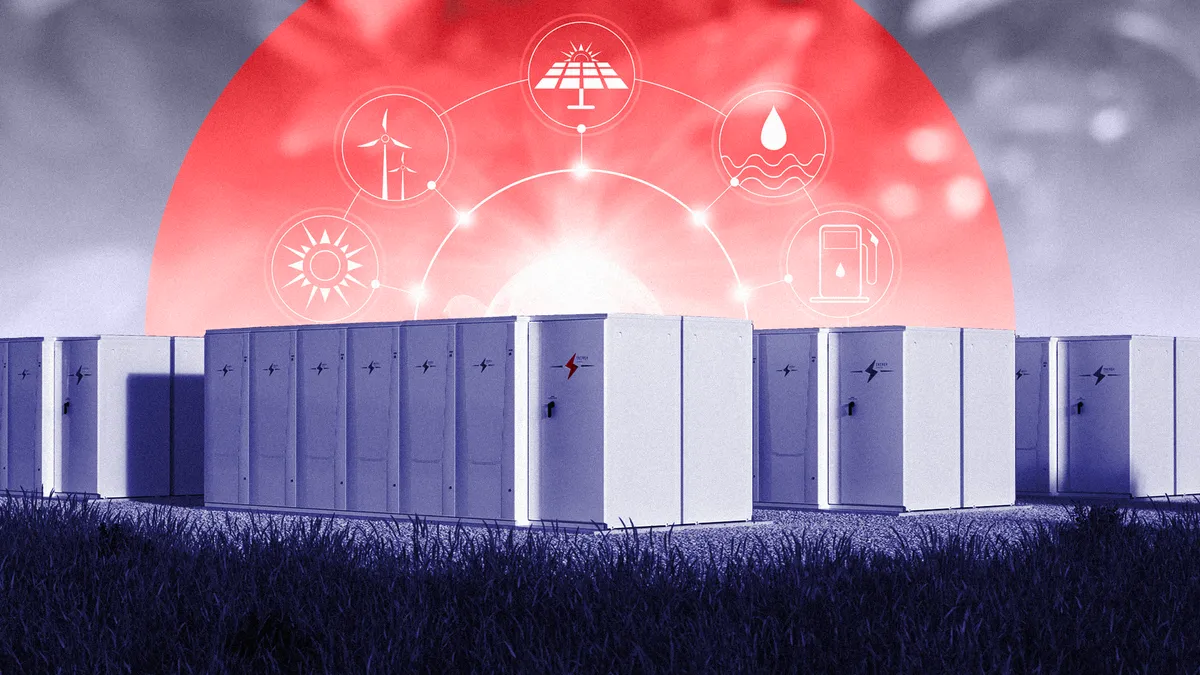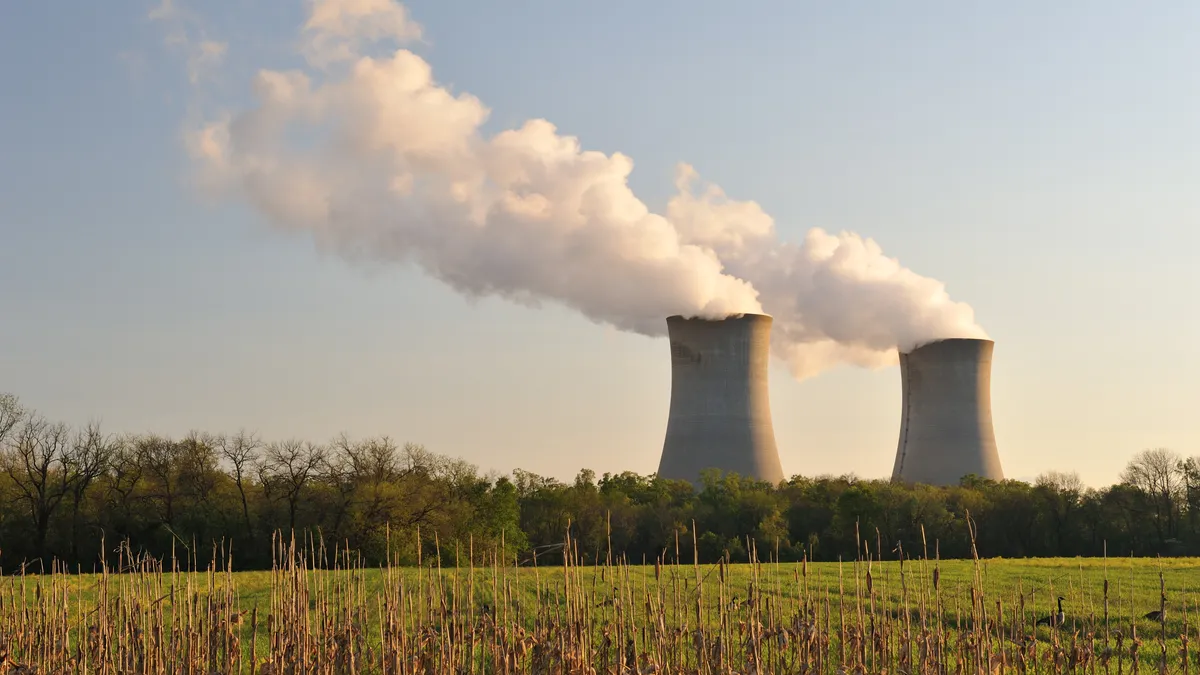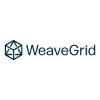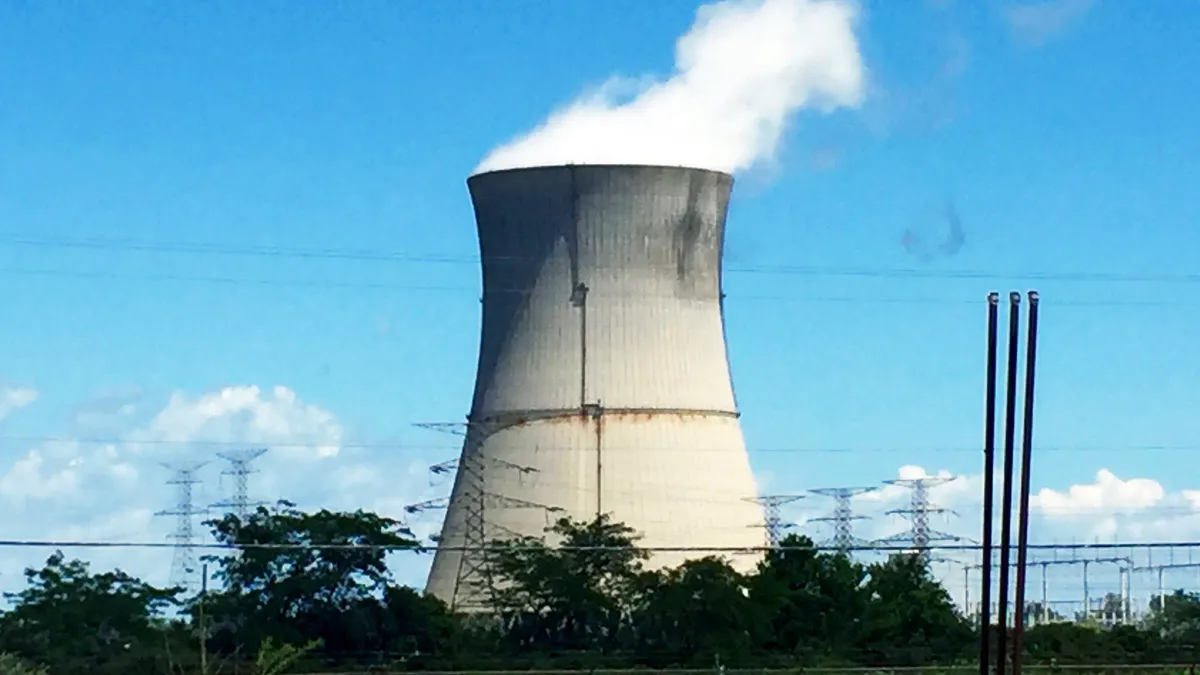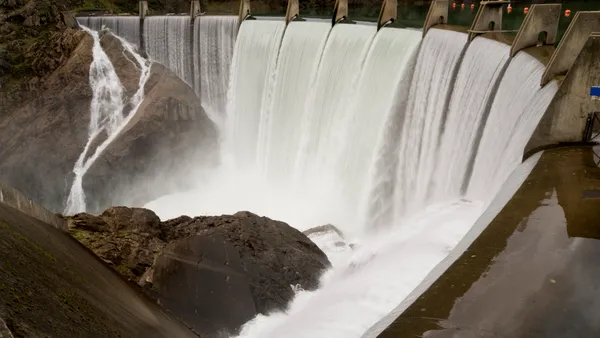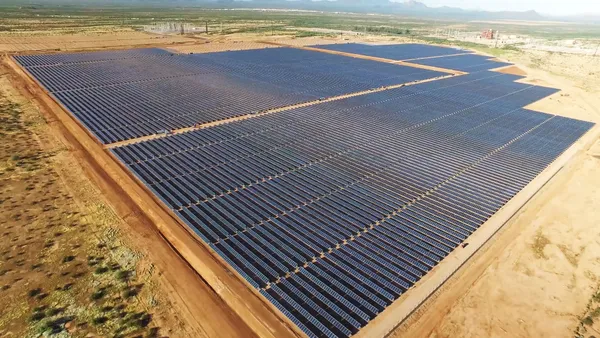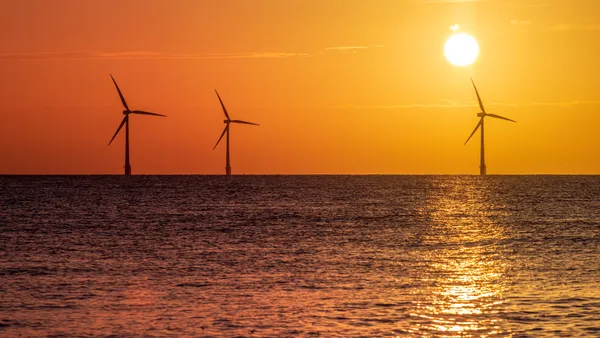Dive Brief:
- Maryland lawmakers in both chambers of the state legislature have passed measures to allow for the creation of community solar projects and expand the state's access to cleaner energy, Fierce Energy reports.
- The bills call for a three-year pilot to construct community solar projects, as well as examine the potential benefit or cost to the state and best practices in use around the country.
- According to Earthjustice, there are currently more than 50 community renewable energy projects operating in 17 states, and 10 other states offer community solar.
Dive Insight:
Maryland lawmakers passed two bills this week aimed at launching a community solar program in the state: HB 1087, sponsored by Delegate Luke Clippinger (D), and SB 398, proposed by Sens. Catherine Pugh (D) and Victor Ramirez (D). The proposals will now head to the desk of GOP Gov. Larry Hogan.
The pilot program would operate under the authority of the Maryland Public Service Commission.
“Community solar will enable all Marylanders to generate renewable solar energy. ... Solar is no longer a potential future prospect for energy generation here in Maryland, it is the here and now,” Clippinger, who chairs the House Democratic Caucus, said in a statement issued by Earthjustice.
Ramirez in a statement called the proposals a "common sense step toward providing more Marylanders with access to clean, renewable energy."
The bill lays out the framework for how the pilot will work and how costs will be allocated. Utilities will be allowed to own and operate community solar projects, and a utility is not the owner it would be required to purchase electricity from solar projects "at the amount it would have cost the electric company to procure the energy," according to the bill text.



